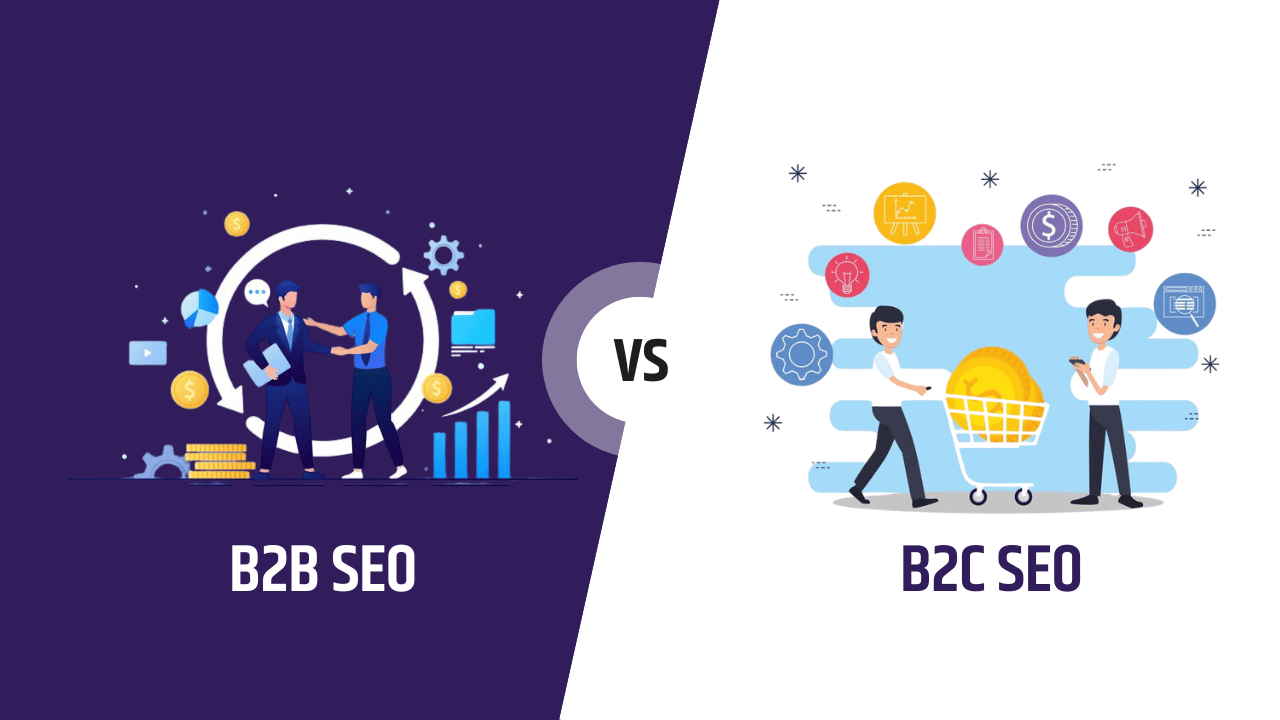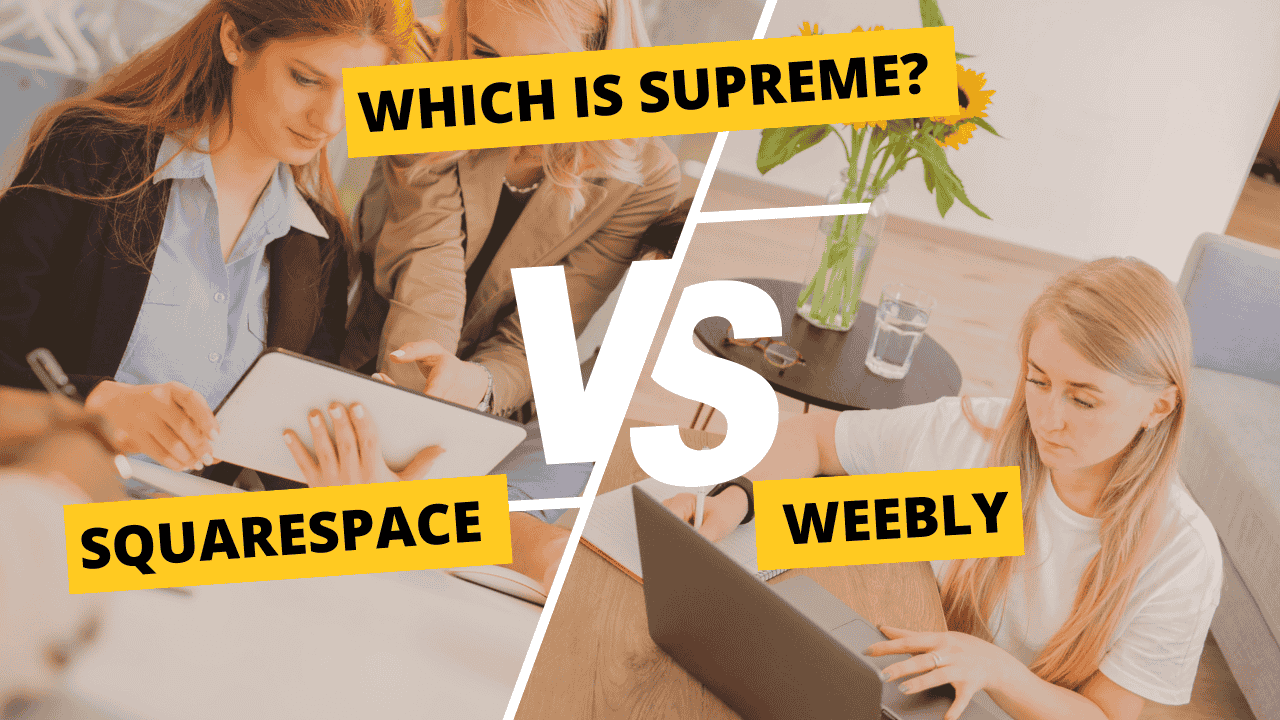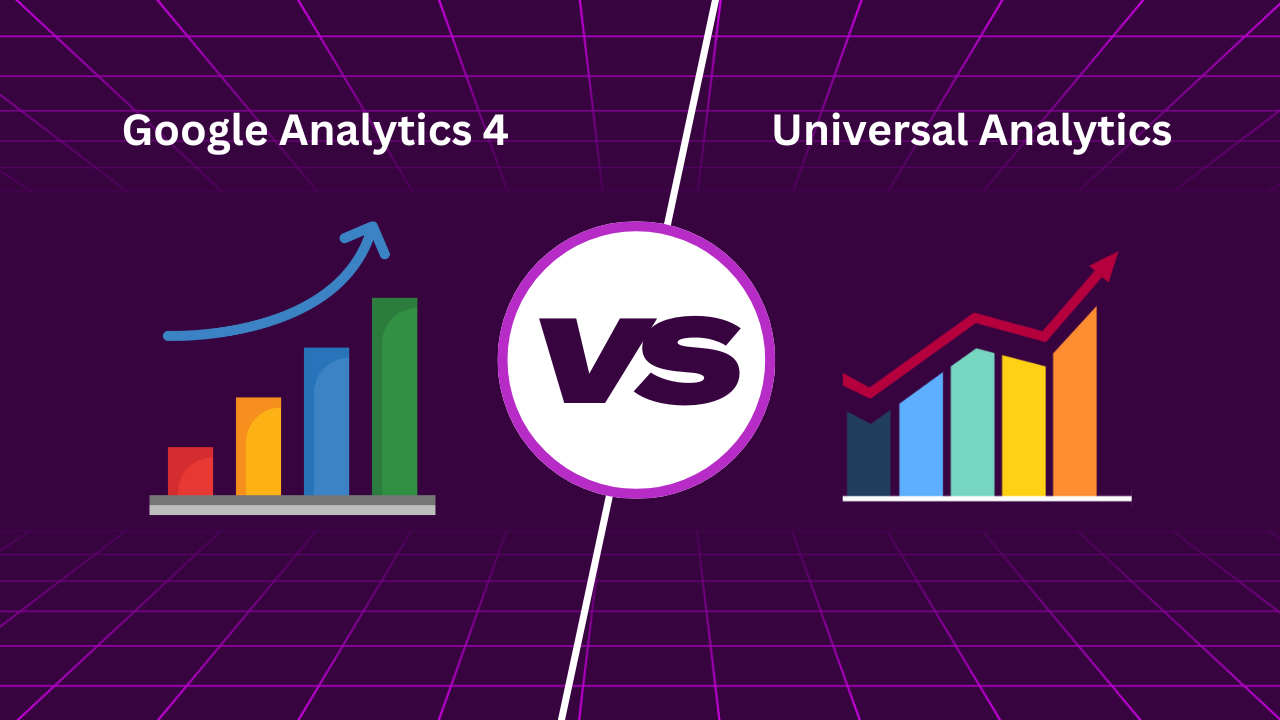Any business definitely needs to get their site as visible as possible for online users. By today’s technological era, most consumers and businesses rely heavily on search engines for information. An optimally optimized website will significantly contribute to heightened visibility and business success. However, strategies and techniques can define the main differences between B2B SEO and B2C SEO.
B2B SEO focuses on relationship building and authority development within an industry where B2C SEO focuses on attracting the masses and seeing sales happen overnight. In this article, we learn the main differences between B2B and B2C SEO by looking at how each best solves the disparate needs of the two and serves the specific business need to attain its goals.
What is B2B SEO?

B2B SEO is the attracting of business clients. Business organizations in this category sell to other businesses products or services. Their target audience tends to be niche and, therefore, much longer than a buying cycle. B2B SEO strategies are generally to target decision-makers, namely managers or executives.
Characteristics of B2B SEO:
Target Audience: In terms of target audience, it is smaller and more niche. Marketers usually target key decision-makers within an organization as opposed to targeting the general mass of people.
Type of Content: Typically, the content tends to involve whitepapers, case studies, and industry reports. Such resources aim at the provision of substantial data that would enable new clients fully understand complicated products or services.
Keywords: SEO for B2B companies are always more specific and related to the particular industry. Such keywords tend to be longer and more technical, indicative of the particular needs that exist for a business.
Sales Cycle: The sales cycle for B2B is more extended. Leads may take weeks or months to finalize the decision; therefore, lead nurturing with quality content is required.
Backlink Building Approach: Backlinks for B2B generally involve contacting industry-specific sites, blogs, and forums targeting a business audience.
What is B2C SEO?
B2C SEO targets everyday consumers online. It uses strategies that appeal to emotions and immediate needs. Often, this involves eye-catching images and detailed content. Such elements persuade people to buy quickly. Understanding consumer behavior and trends is crucial. This knowledge helps attract attention and convert visitors into customers.
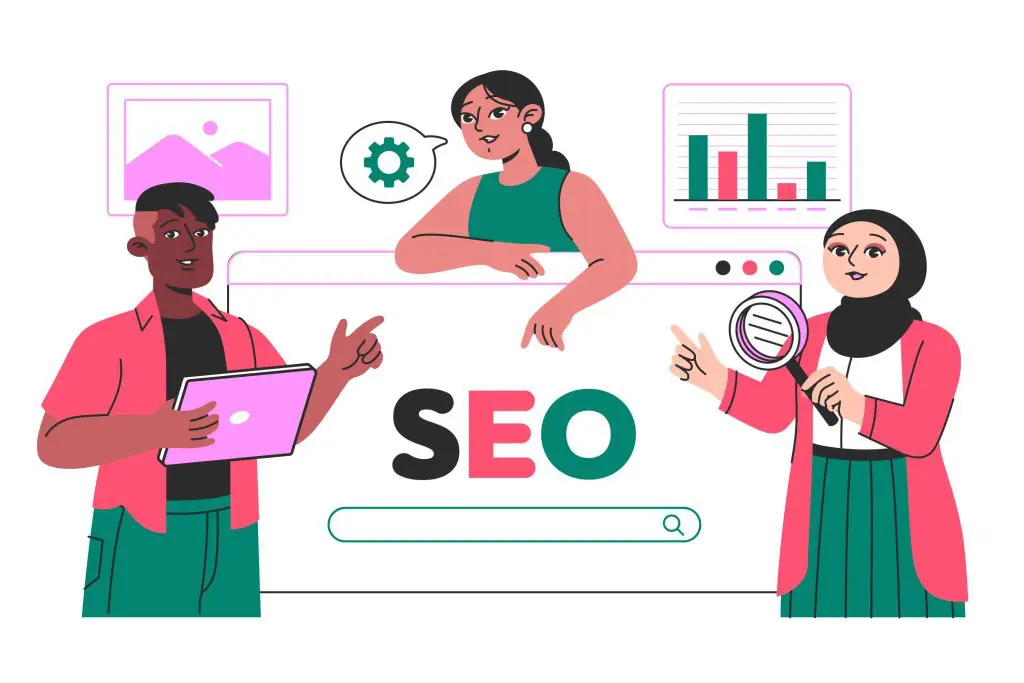
Characteristics of B2C SEO:
Target Audience: The audience is wider and diverse. Marketers target the average consumer, meaning coming up with demographics varies.
Type of Content: This includes blog posts, product descriptions, and reviews. B2C is usually less formal and more fun to read so often has more emotional appeal.
Keywords: B2C SEO keywords are usually shorter, and perhaps more generic as they tend to be targeting an even bigger audience, where common motivators are trends and pop culture.
Sales Cycle: The B2C sales cycles are generally shorter in nature. Consumers make impulse decisions based on their feelings, reviews, and advertising.
Backlink Strategy: On B2C, backlinks can even come from lifestyle blogs, an influencer, and social media, as well.
Key Differences Between B2B SEO and B2C SEO
Now that we have a basic understanding of B2B and B2C SEO let’s dive deeper into the differences between B2B SEO and B2C SEO:
1. Audience Targeting
SEO for B2B Companies: It is a niche group of prospects. Generally, marketers will discover their target audience through LinkedIn and other forums that happen to be industry-specific. A deep understanding of the pain points and needs of the decision-maker is crucial.
SEO for B2C Companies: Your target market is much larger. Marketers leverages the use of Facebook, Instagram, TikTok, and among the applications to get in touch with customers. Understanding demographics, buyer behaviors, and preferences is the key.
2. Content Strategy
B2B SEO: The content is informative and authoritative in nature. Whitepapers, webinars, and case studies are the most common ones. This is to gain trust and thought leadership in the industry by marketers.
B2C SEO: The content is entertaining and engaging in nature. Marketers use images and videos that can catch the attention of the customers. They also use a language that resonates with every person. This kind of content aims to encourage activity like a purchase or sign up.
3. Keyword Focus
B2B SEO: Long-tail keyword phrases with high specificity typically are used. A B2B company might choose “cloud-based project management tools for IT companies.” This specificity allows for the capture of a specific need by potential clients.
B2C SEO: Keywords are typically shorter with a higher level of generality, such as “best running shoes.” These keywords attract a wider audience that purchases consumer goods.
4. Conversion Goals
B2B SEO: Lead generation and relationship nurturing are often goals. This may include acquiring an email address for newsletters, offering a free trial or consulting.
B2C SEO: The objective here is to sell more products. This can be done by making it easier to add a product to the shopping cart, make a purchase, or sign up to get a promotion.
5. Link Building
B2B SEO: Link-building methods focus on acquiring links from other high-quality, industry-specific sites. Guest blogging and commenting, becoming a part of the forums, and networking, are of the utmost importance.
B2C SEO: Links can be acquired from a general pool that comprises social media, lifestyle blogs, and influencer relations. The approach tends to be quite informal and community-based.
Tools and Techniques
While learning the main differences between B2B SEO and B2C SEO. The same tools and techniques can be used for both B2B and B2C SEO though their applications may differ.
Keyword Research Tools
B2B: This includes specialized, long-tail industry-related keywords like Ahrefs or SEMrush. They will help break down the performance of competitors and clear light on content gaps.
B2C: Google Trends and Keyword Planner will enable marketers to find all the trending topics and popular words. They bring marketers up to speed with consumer interests.
Content Management Systems
B2B: Using WordPress, authors can readily generate content that is resource-full and can be updated often. B2B sites generally have sections for whitepaper and case studies.
B2C: Shopify or WooCommerce can easily depict products with this user interface while allowing quick optimization for conversions. B2C sites are more concerned with user experience as well as them being responsive on mobiles.
Analytics Tools
B2B: Google Analytics can be a good tool to measure generation of leads and even analyze the user behavior. B2B companies normally monitor the performance of multiple types of contents
B2C: Social media analytics can give an idea about the level of engagement that consumers are making towards their brands, perception of the brands etc. B2C marketers track click through rate and conversion rate.
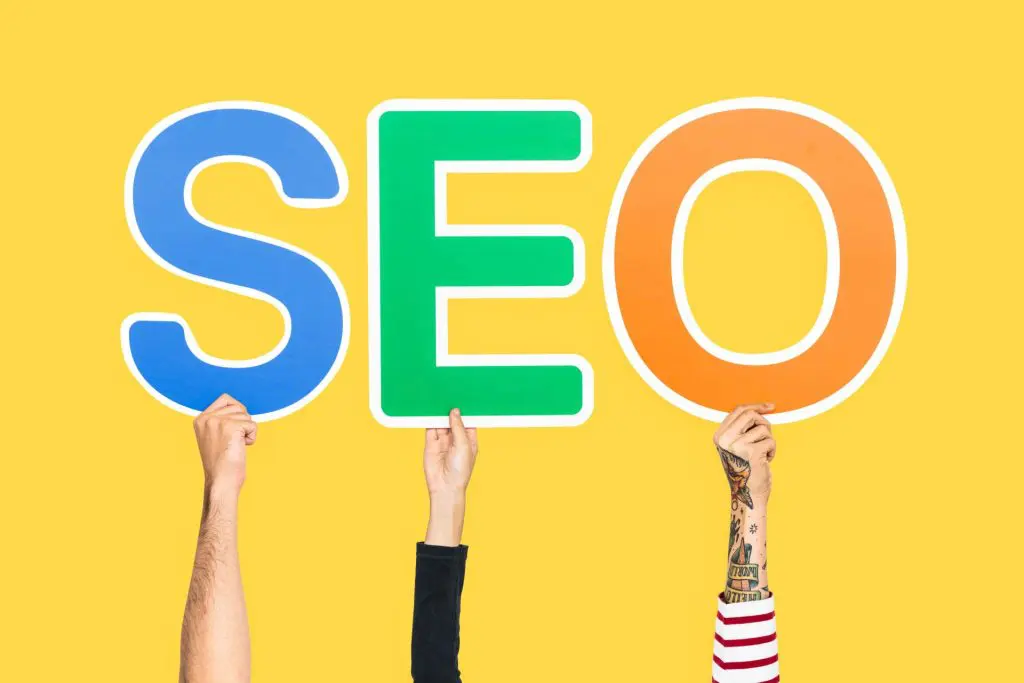
Conclusion
To recap the differences between B2B SEO and B2C SEO, B2B SEO and B2C SEO are purpose-based and audience-based differences, so differing strategies and techniques apply here. B2B SEO attracts those business clients through a more specific content with a longer sales cycle, and the other is B2C SEO, targeting individual consumers through content a lot more emotional and entertaining.
Therefore, there is a need for marketers to be aware of these differences. Thus, by changing the SEO strategy accordingly, they can match it to distinctly varying needs of their target audience. This will improve online presence and lead to better output.
Regardless of whether you are B2B or B2C, you have to understand your audience and the message that works best for them in order to gain success in SEO.
You May Like: Top 10 Digital Marketing Strategies for 2024
You May Also Like: The Ultimate Guide to Local SEO for Middle East Businesses

